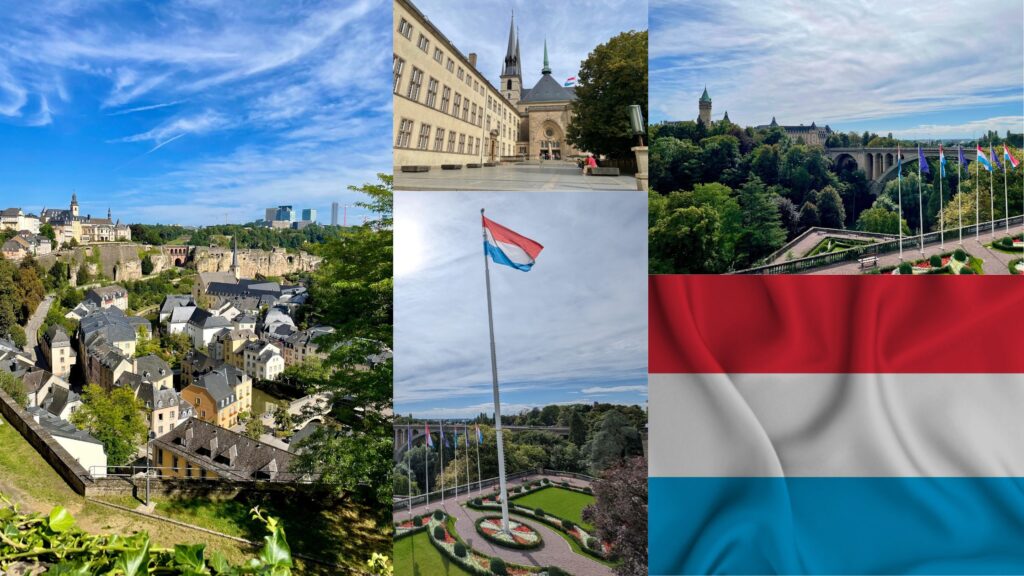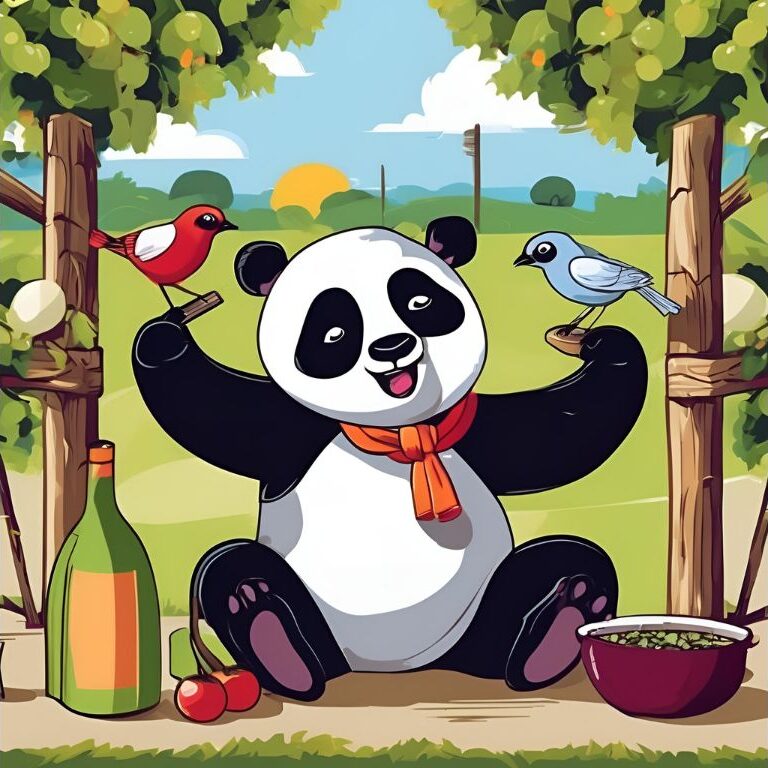History
Tucked away in the heart of Europe, Luxembourg is a small yet captivating country known for its picturesque landscapes, mediaeval castles, and rich cultural tapestry. According to local folklore, the city of Luxembourg was founded in 963 AD by Count Siegfried, who struck a deal with a beautiful but mysterious maiden named Melusina. She agreed to marry Siegfried and help him establish his city, on the condition that he would never attempt to discover her true nature. One day, overcome by curiosity, Siegfried spied on Melusina and saw her in her true form, half-woman, half-fish, causing her to disappear forever into the Alzette River. This legend mirrors the enchanting allure of Luxembourg itself, a place of hidden depths and intriguing stories.

Highlights
Luxembourg’s cuisine is a delightful reflection of its unique position at the crossroads of German, French, and Belgian culinary traditions. One of the most iconic dishes is Judd mat Gaardebounen, a hearty smoked pork collar served with a creamy broad bean sauce. This dish exemplifies the country’s penchant for robust, comforting meals that are perfect for its cool climate.
Another culinary highlight is Gromperekichelcher, crispy potato fritters often seasoned with onions, parsley, and nutmeg. These golden delights are a staple at local fairs and markets, offering a taste of Luxembourg’s love for simple, yet flavourful street food.
Luxembourg’s rivers and lakes provide an abundance of fresh fish, and one must-try dish is F’rell Am Rèisleck, trout cooked in a savoury Riesling wine sauce. This dish showcases the importance of local produce and the influence of neighbouring France’s culinary techniques.
The country is also known for its exquisite pastries and desserts, with Quetschentaart (plum tart) being a seasonal favourite. Made with ripe plums set in a buttery pastry crust, this tart captures the essence of Luxembourg’s baking traditions.
Luxembourg’s wine-making tradition, particularly its crisp white wines and sparkling Crémants, is another highlight.

Quick Fact
An interesting fact about Luxembourg is its distinction as one of the smallest but wealthiest nations in the world, with a highly developed economy and one of the highest GDP per capita globally.
Conclusion
Whether you’re enjoying a hearty Judd mat Gaardebounen, savouring the crispy texture of Gromperekichelcher, or sipping a refined Crémant, Luxembourg offers a culinary journey that is both rich and diverse. Its food is a testament to the country’s history, geography, and the melding of various European influences, providing an experience that is as delightful as it is memorable.


Leave a Reply